
In a landmark agreement following nearly six months of negotiations, the Federal Government, Labour, and the Organised Private Sector (OPS) have agreed on a new national minimum wage of N70,000. This new wage, set to replace the existing N30,000, will become official following approval by the National Assembly and the President’s assent.
President Bola Ahmed Tinubu announced the decision during a meeting with leaders of the Nigeria Labour Congress (NLC) and the Trade Union Congress (TUC) at the State House in Abuja. He emphasized his commitment to ensuring that no federal establishment employee earns below this amount, acknowledging the economic difficulties faced by many Nigerians.
The negotiations began with a tripartite committee inaugurated on January 30, comprising representatives from the federal government, states, Labour, and the private sector. Employers initially proposed wages ranging from N48,000 to N62,000, while Labour’s initial demand was set at N615,000 before revising it to N250,000.
The President ultimately decided to surpass the tripartite committee’s recommendation of N62,000 to offer N70,000. This decision was made after extensive consultations and was aimed at ensuring fair compensation for workers’ services. President Tinubu also assured Labour that the wage would not be static and would be reviewed every three years instead of the previous five-year cycle.
Mohammed Idris, the Minister of Information and National Orientation, described the agreement as a significant milestone for Nigeria. He highlighted plans for increased investment in infrastructure and renewable energy, alongside the acquisition of more Compressed Natural Gas (CNG) buses to aid in the country’s transition to renewable energy sources.
Nkeiruka Onyejeocha, Minister of State for Labour and Employment, commended President Tinubu’s fatherly approach in the negotiations. Special Adviser on Information and Strategy, Bayo Onanuga, announced the President’s promise to provide 36 high-capacity CNG buses to Labour unions as part of efforts to ease workers’ living costs.
Labour leaders expressed mixed feelings about the agreement. NLC President Joe Ajaero acknowledged the President’s willingness to review wages every three years as a positive aspect of the deal, while TUC President Festus Osifo urged swift legislative action to pass the new Minimum Wage Bill.
The Speaker of the House of Representatives, Abbas Tajudeen, promised to expedite the bill’s passage, hailing President Tinubu’s proactive leadership in addressing labour sector challenges. Meanwhile, the Confederation of All Progressives Congress (APC) Support Group urged Nigerians to embrace the new wage and cooperate with the government.
This agreement marks a pivotal step towards improving workers’ living standards amid Nigeria’s ongoing economic challenges.


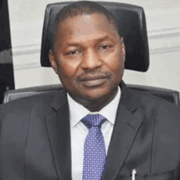

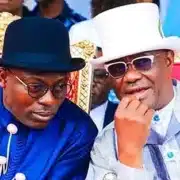
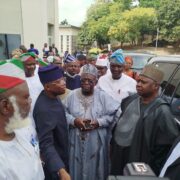
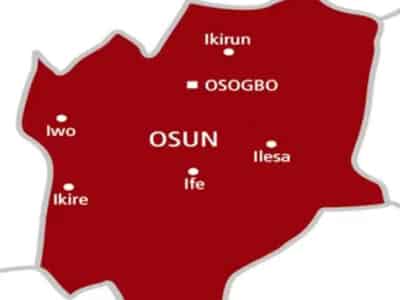
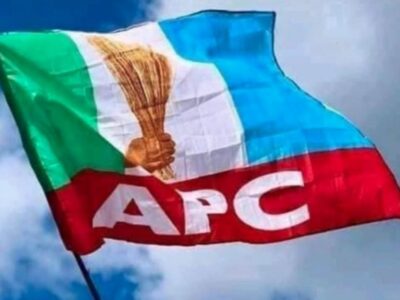

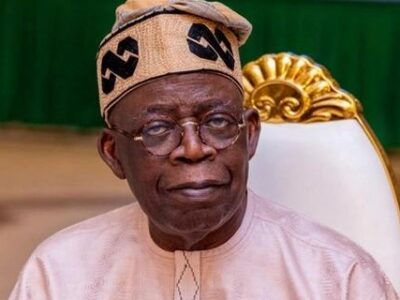









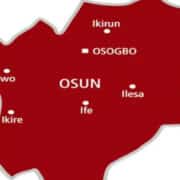
Comments